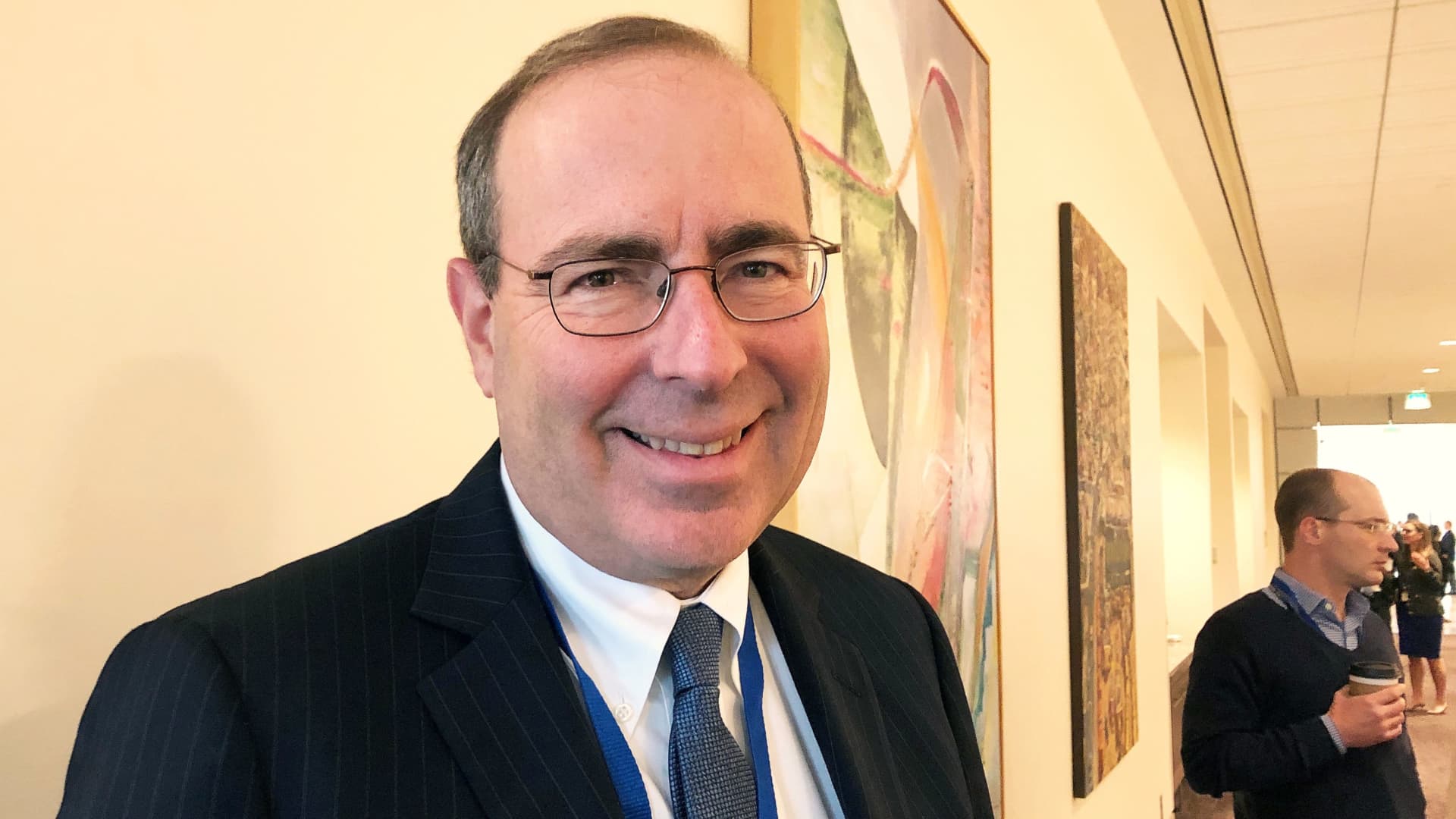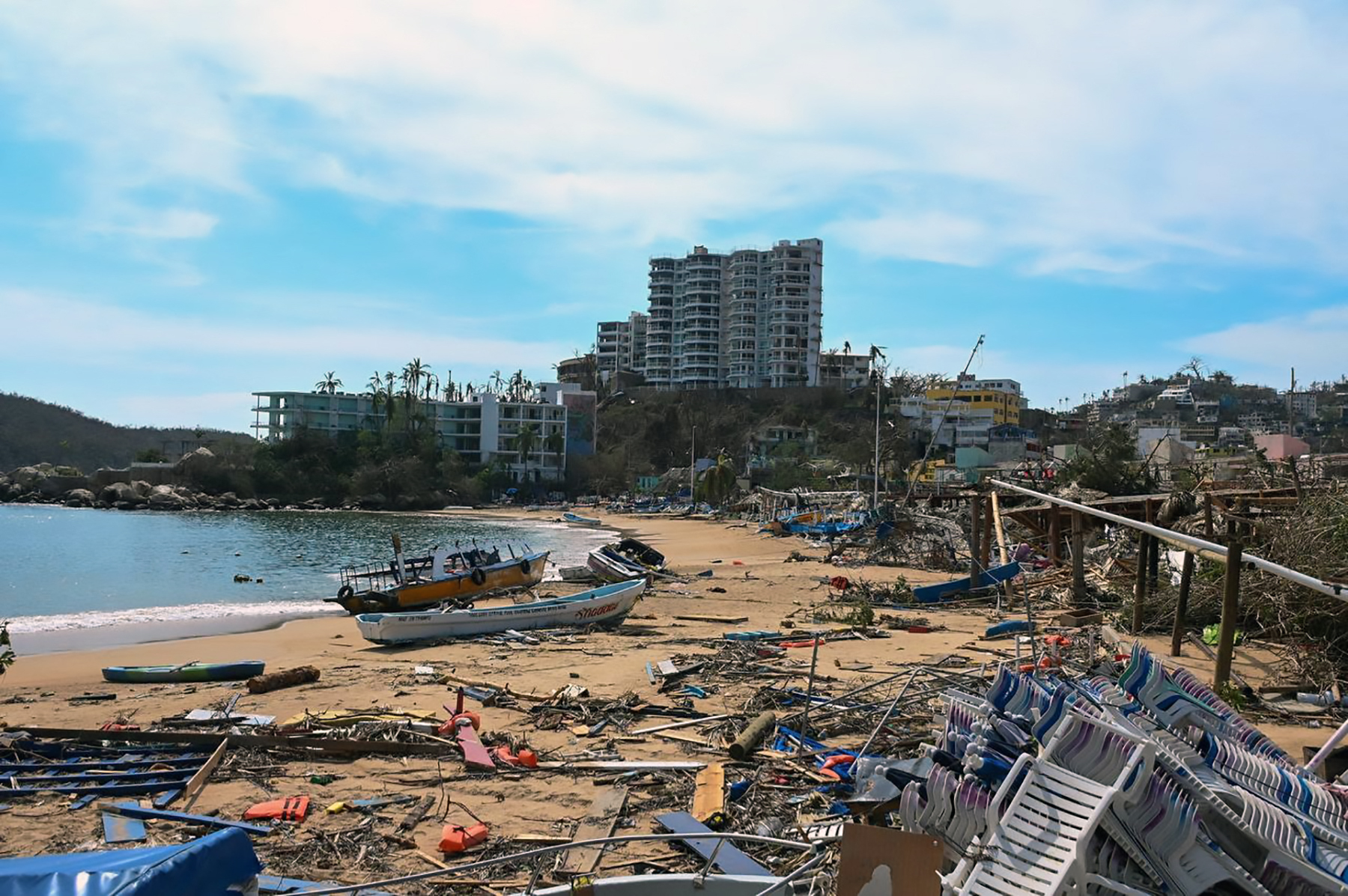A NEW ERA WITH SYRIA
Syrian President Bashar al-Assad’s three-day visit to Turkey is a good beginning for the 21st century after cool relations in the 20th. With a 750- kilometer common frontier, Syria is the neighbor with which we share the longest border. Our hostility towards each other is longstanding. But four or five years ago when Syria was mentioned, the following came to mind:
* Its support for terrorist groups
* Its opposition to Turkey’s Southeastern Anatolian Project (GAP) and objections to the use of the Euphrates’ waters
* Its habit of trying to claim Hatay
* Putting sentences into joint Arab statements that displeased Turkey
Now things are very different from the matters listed above. It’s too early for total optimism. But going down such a road is not only good for our two countries, but is also an important development from many other aspects. This will be clear when we consider the opposite of the negative matters listed above. Economic relations are an important bridge. Some borders were closed due terrorism. Now new border gates are opening between Turkey and Syria, and mines are being removed. A new consulate in Gaziantep is being considered. Businessmen from both countries constantly visit the other. Syria’s view on Hatay is this: We all know that this policy has died, but no one wants to be the one to pronounce it dead.
Looking at Assad’s visit from a wider perspective, the following things stand out: The Syrian president was in Athens in mid December. He also sent positive messages from there. Syria, 10% of whose population is Christian, sees Greece as another door to rapprochement with Europe. While doing this, Syria is also hoping to chip away at US economic sanctions. As a matter of fact, Assad’s visit to Ankara is being carefully watched by Washington. Asked whether he was disturbed by Assad’s visit to Turkey, US State Department Spokesman Richard Boucher said, ‘No … There are many interests that we share in common with Turkey: stability in the region, stability in Iraq, in particular, and for Turkey to discuss those issues with Syria, I think we’re fairly comfortable that there is a common approach to these issues.’ We can translate this like so: ‘Turkey can have relations with Syria without harming our objectives!’ Israel, which is also carefully monitoring the visit, is closely observing every step Syria makes.
The diplomatic atmosphere in Ankara is this: Turkey can’t be a mediator between Israel and Syria, but it could be an element that makes things easier. This should be, after a fashion, a ‘light’ way of mediating. Another sign that relations with Syria would affect Arab countries was that the ambassadors from Arab countries welcomed Assad when he arrived in Turkey. May our good relations with Syria continue.”



